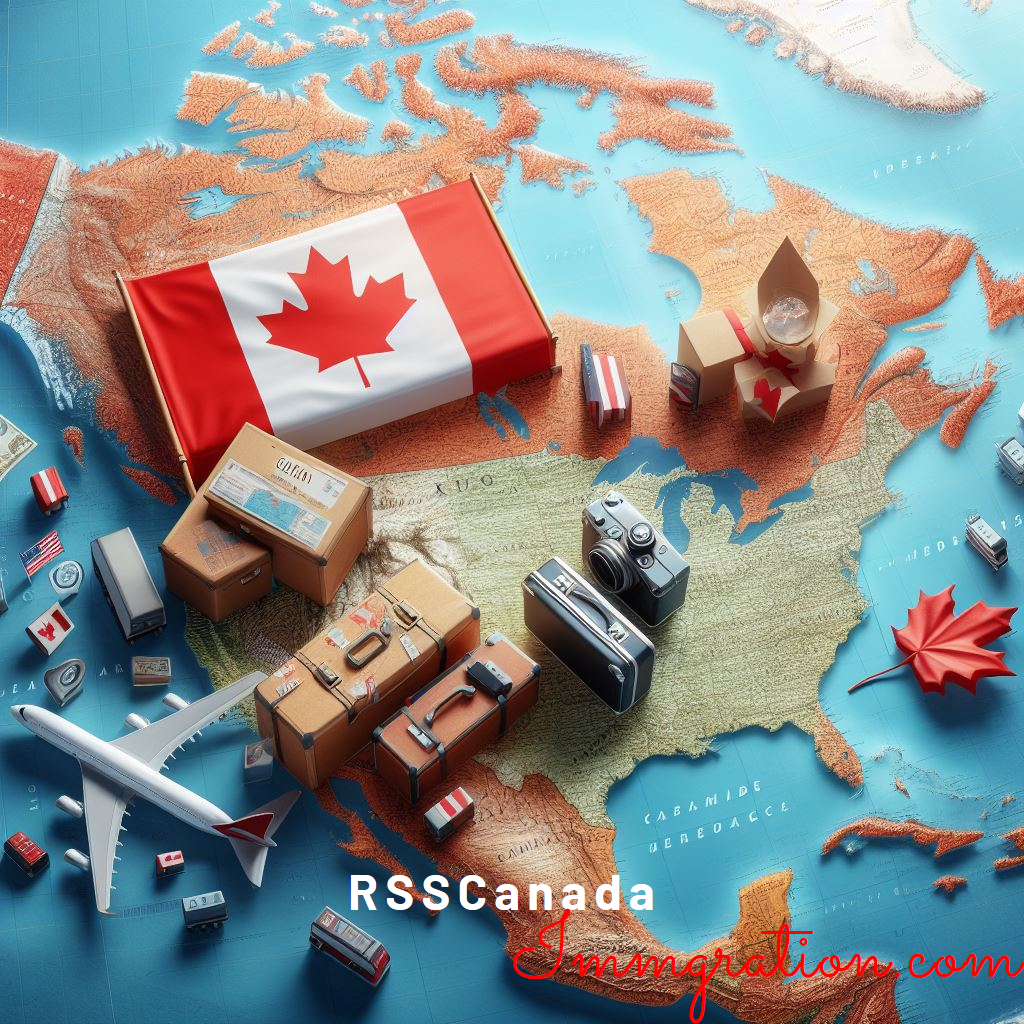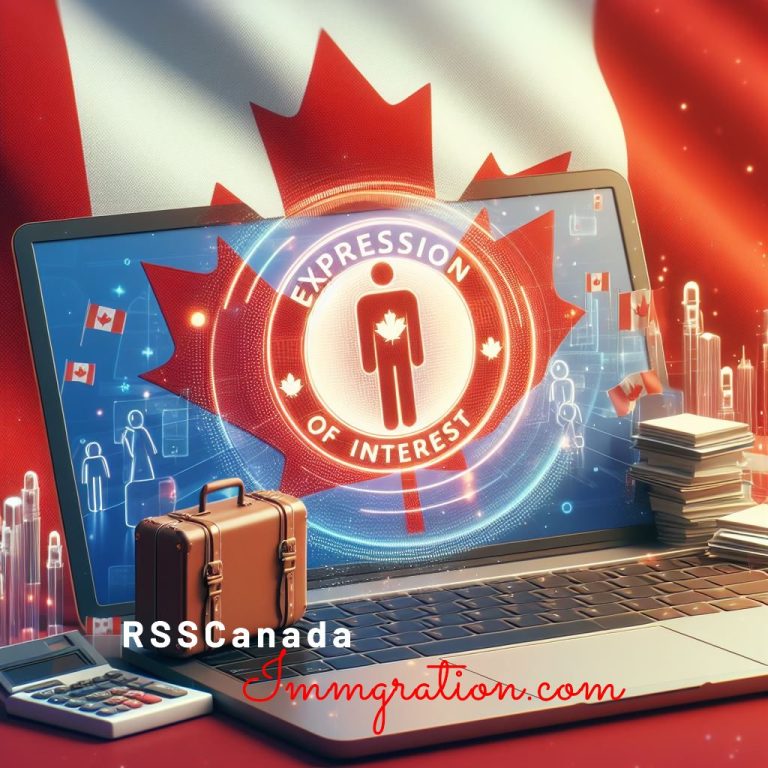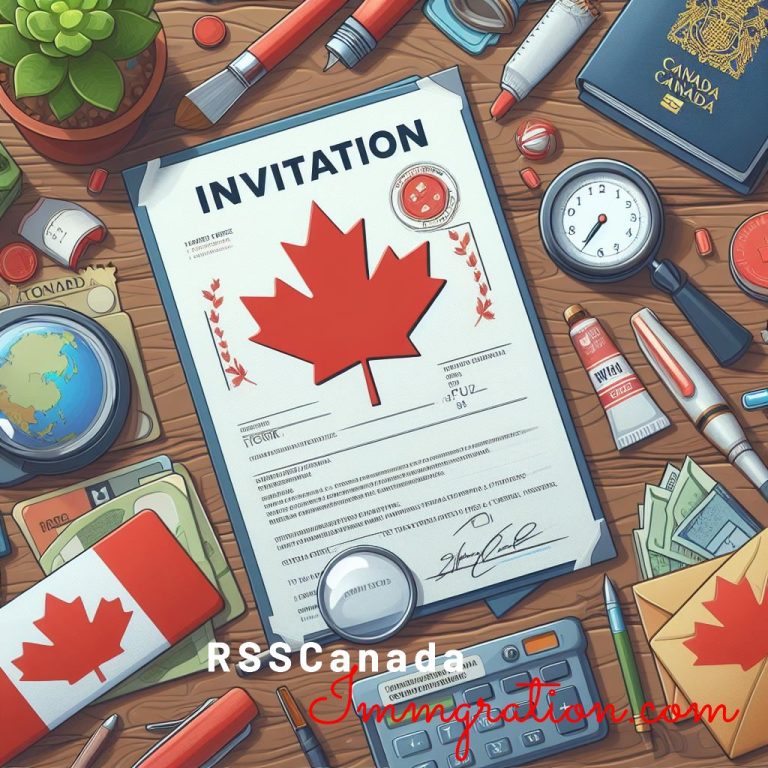Moving to Canada from the United States
This page includes all of the Canadian immigration, work, study and citizenship options available to US citizens. More than 10,000 people immigrate to Canada from the United States each year. Tens of thousands more immigrated to Canada in search of work and education. Learn how to become one of them.
Skilled Worker Pathways through Express Entry
Express Entry is Canada’s premier process for processing permanent residency applications for skilled workers. The United States is the country of origin for people immigrating to Canada through Express Entry.

The main advantage of the selective system for immigration admission is that applications can be submitted in six months or less.
U.S. citizens and residents are generally good candidates for applying for permanent residence in Canada through the entry form because of their strong language skills, relevant work experience and high academic standards.
There are three skilled worker immigration programs operated under the Express Entry system that lead to permanent residence in Canada
- Federal Skilled Worker Program: for skilled workers with foreign work experience.
- Canadian experience classes: are available to skilled workers with Canadian work experience.
- Federal Skilled Trades Program: for skilled workers with skilled trade’s degrees.
Alternative Pathways to Canadian Dreams
Exploring Provincial Nominee Programs (PNPs)
Like the United States, Canada is divided into independent jurisdictions called provinces and territories. These provinces are similar in some ways to other American states.
However, unlike in the US, Canadian provinces and territories can play a significant role in deciding who will take over the jurisdiction as a new settlement. The Provincial Nominee Program (PNP) can be a good starting point for US citizens and residents who know which state or territory they want to live in, and who have special skills and work experience that are sought by a state or territory.
If you qualify for an Introductory Entry, there are other important benefits to submitting an Introductory Entry qualification.
Applicants nominated by a Canadian province or territory and qualified in the Express Entry pool are awarded an additional 600 points in the Comprehensive Ranking System (CRS), which guarantees them an application to apply for permanent residence in Canada.
Unveiling Family Sponsorship
Can Your Canadian Partner Bring You Home?
Dreaming of building a life together in Canada with your Canadian spouse or common-law partner? Family Sponsorship might be your key! This pathway allows Canadian citizens and permanent residents to sponsor their loved ones for permanent residency in Canada.
Who Qualifies?
- You must be the spouse, common-law partner, or conjugal partner of a Canadian citizen or permanent resident.
- Both you and your partner must meet eligibility requirements set by Immigration, Refugees and Citizenship Canada (IRCC).
- Same-sex marriages are recognized under this program.
Proving Your Love Story
You’ll need to demonstrate a genuine and ongoing relationship through various documents and evidence. This may include proof of cohabitation, financial interdependence, emotional commitment, and meeting in person.
Timeline for Togetherness
Expect the application process to take around 12 months from the submission date.
Boosting Your Chances
Consider a free eligibility assessment by an immigration professional to gauge your success potential.
Work in Canada
Charting Your Canadian Work Journey: Exploring Pathways and Options
Obtaining a Canadian work visa (also known as a work permit in Canada) is an important step in working temporarily and legally in Canada.
Before you start working in Canada, you and your employer may need to obtain a document called a Labor Market Impact Assessment (LMIA).
However, most work permit holders in Canada do not require an LMIA. In some cases, an LMIA is required because it is an indication that your work in Canada may affect or favor the local labor market. Once your LMIA is approved, you can apply for a temporary work permit from IRCC.

Depending on your job and the job you want to do in Canada, there may be an opportunity to speed up the process.
Global Talent Streams are part of Canada’s Global Skills Strategy. This government program allows Canadian employers in IT and high-growth industries to flexibly hire foreign skilled workers when Canadians are not available to fill certain positions. Recruitment under this fast-track program involves meeting certain requirements, such as completing a labor market assessment (LMIA), meeting certain salary requirements, etc.
Immigration, Refugees and Citizenship Canada (IRCC) aims to process work permit applications from the international talent pipeline in one month or less.
Canada-United States-Mexico Agreement (CUSMA)
Thanks to the Canada-US-Mexico Agreement (CUSMA), formerly known as the North American Free Trade Agreement (NAFTA), commonly known as “USMCA,” Americans can benefit from the easy procedure when applying for a temporary work permit. Canada. Work permits issued under the terms of the CUSMA Agreement do not require an LMIA. US citizens can work in Canada under CUSMA in the following areas:
CUSMA intra-company transactions

CUSMA professionals must be qualified to work in more than 60 regulated professions, including teaching, science, medicine, finance, law and more.
Eligibility criteria:
- Individuals in CUSMA companies who move from the United States can temporarily relocate to Canada to work in a branch, group or affiliate of their company. These people must have been employed for at least one year in the last three years by the company at the time of application in a managerial, managerial or position with special knowledge.
CUSMA traders and investors
Eligibility criteria:
- U.S. CUSMA Traders must demonstrate an interest in conducting substantial trade in goods or services between Canada and the United States.
- A CUSMA investor must demonstrate that he has invested significantly in a new or existing business in Canada and intends to enter Canada to develop and operate a Canadian business.
The Transfer-Company Program
Canada is the United States’ largest trading partner, many American businesses have affiliated offices, branches or subsidiaries in Canada. The Transfer-Company Program allows international companies to bring key workers to Canada without obtaining a Labor Market Impact Assessment (LMIA).
- Employees in managerial, managerial or professional positions can come to Canada with their families and work as a migrant within the company.
Working without a work permit
There are several situations in which Americans can work in Canada without obtaining a temporary work permit. This includes
- People who are engaged in business or commerce in Canada but do not participate in the Canadian labor (employment) market,
- who are referred to as business visitors.
Working Holiday
The working holiday is part of the International Experience Canada (IEC) program, which aims to promote international exchanges between young people from different countries
Eligibility criteria:
- .US citizens between the ages of 18 and 35 can obtain a 12-month open work permit under this program if they have attended higher education within the past 12 months.
- Final year students who have not yet returned to study will be eligible again.
Canadian Business Exchange Program
The goal of the Canadian Business Exchange Program is to attract businessmen, entrepreneurs and entrepreneurs from outside Canada who have capital, business acumen and entrepreneurial skills.
Business programs and provincial entrepreneurs
Canada’s provinces and territories have great opportunities to welcome economic migrants to their territories, and many of them are looking for dynamic and innovative entrepreneurs to help their economies.
Canadian provinces and territories can designate people to immigrate to their provinces based on their own criteria. Most Provincial Nominee Programs (PNP) have special conditions for immigrant businesses.
Self-employment program: Business immigrant visas are available to individuals and their immediate family who wish to reside in a Canadian province or territory as a professional athlete or craftsman. This program is designed to bring people to Canada to work as entrepreneurs. Applicants must have experience in cultural or sporting activities.
Activation Visa Scheme: Immigrant entrepreneurs can develop businesses in Canada under the Federal Entrepreneurship Visa Program. Considered one of the most unique immigration opportunities in the world, this program provides permanent residency to immigrant entrepreneurs while helping them settle in Canada.
Work permit options: For many entrepreneurs, the quickest way to enter Canada is to obtain a temporary work permit.
- Under the CUSMA business process, US citizens investing in new or existing businesses in Canada can apply for a business work permit to operate their business in Canada.
- Businesses who wish to maintain foreign business activities while visiting Canada may be able to apply for an intercompany transfer work permit.
- Those who own a majority stake in a business in Canada can apply for an owner-manager work permit.
- US residents and citizens can also choose to enter Canada through the Global Talent Stream.
- Employers working in high-growth industries or looking to hire international IT professionals can apply for work permits through this process and benefit from reduced processing times.
Study in Canada
Opportunities and Pathways for US Students
Calling all ambitious American students! Did you know over 15,000 of your peers already study in Canada each year? With over 1,500 accredited universities and colleges welcoming international students, Canada offers a diverse and enriching academic experience.
Benefits of Studying in Canada
- Work While You Learn: Gain valuable work experience and supplement your income through authorized on-campus or off-campus work opportunities.
- Post-Graduation Work Permit (PGWP): Eligible graduates can leverage a PGWP to gain Canadian work experience, potentially boosting their chances of permanent residency.
- Cultural Immersion: Immerse yourself in a vibrant and multicultural society, expanding your horizons and personal development.
Getting Started
- Explore Accredited Institutions: Find the perfect program and institution that aligns with your academic goals and interests. Utilize resources like the Canadian government’s Designated Learning Institutions list.
- Visa Application: Obtain a study permit from Immigration, Refugees and Citizenship Canada (IRCC) by meeting eligibility requirements and submitting necessary documents.
- Work Permit (Optional): If you plan to work while studying, apply for an appropriate work permit specific to your situation.
Canadian citizenship
US citizens and residents who immigrate to Canada and stay in the country for a number of years may apply to become citizens of their adopted country. This is a process known as naturalization, and Canada has one of the most liberal and popular naturalization processes in the world.
People can be citizens of the United States and Canada
- A Canadian citizenship certificate can be obtained by Canadian citizens born abroad
- Canadian citizens living abroad who want to work in Canada for jobs reserved for Canadian citizens, or children of Canadian citizens who were born abroad.
The absence of offenders and treatment Can I immigrate to Canada if I have a crime?
Not everyone knows that previous criminal offenses, even minor traffic violations, can prevent someone from entering Canada. When in doubt, it is important to know what steps need to be taken before applying for a Canadian immigration or temporary resident visa to enter Canada.
Examples of convictions that may prevent a person from entering Canada
- driving while intoxicated, theft, petty theft, assault, intoxication and disorderly conduct, obstruction of justice, and possession from marijuana, cocaine, and other substances/drugs.
A person may also be denied entry to Canada for health reasons if his or her condition may pose a risk to public health or safety, or may constitute an improper request for Canadian health or social services.
For family support cases involving spouses/civil partners and dependent children, the largest portion of waivers on health grounds has been taken. Whether a person or a family member is deemed inadmissible to Canada due to medical reasons or a criminal conviction, they still have options.
FAQs
What are the requirements for immigrating to Canada from the United States?
In general, you will need a valid passport, proof of financial stability, and a clean criminal record to apply for immigration to Canada.
Do I need a visa to move to Canada from the United States?
It depends on your purpose of entry. If you plan to stay in Canada permanently, you will need to apply for permanent residence and obtain a Permanent Resident visa. If you are planning to study or work in Canada, you may be able to qualify for a study or work visa.
How can I apply for permanent residency in Canada?
You can apply for permanent residency through various immigration programs such as Express Entry, Family Sponsorship, Business Immigration, and more. Every program comes with its specific set of standards and prerequisites.
Can I apply for a work visa to Canada?
Yes, if you have a job offer from a Canadian employer, you may be eligible to apply for a work visa. Your employer may also need to obtain a Labor Market Impact Assessment (LMIA) before you can apply.
Can I move to Canada to study?
It is possible for you to pursue your education in Canada by acquiring a study permit. You will need to apply for the permit before you can begin your studies. The requirements for a study permit may vary depending on the length of your study program.
How long does the immigration process take?
The processing time for immigration to Canada can vary depending on the program you are applying through and your personal circumstances. It is best to check the current processing times on the official Canadian immigration website.
Can I bring my family with me to Canada?
If you are applying for permanent residency, you may be able to sponsor your spouse, partner, children, parents, or grandparents to come to Canada with you. You will need to meet specific requirements and provide proof of relationship.
Can I visit Canada while waiting for my immigration application to be processed?
If you are a U.S. citizen, you do not need a visitor visa to enter Canada. However, if you are a permanent resident of the U.S., you will need a visitor visa to enter Canada. It is important to check the current travel restrictions and requirements before planning a visit to Canada.
Will my previous criminal record affect my chances of immigrating to Canada?
Yes, criminal records are taken into consideration during the immigration process. Having a criminal record may make you inadmissible to Canada. However, you may be able to be deemed rehabilitated or apply for criminal rehabilitation to overcome this barrier.
Can I apply for Canadian citizenship after immigrating?
Yes, you can apply for Canadian citizenship after fulfilling the residency requirements and passing the citizenship exam. You will also need to provide proof of your language proficiency and meet other eligibility criteria.






